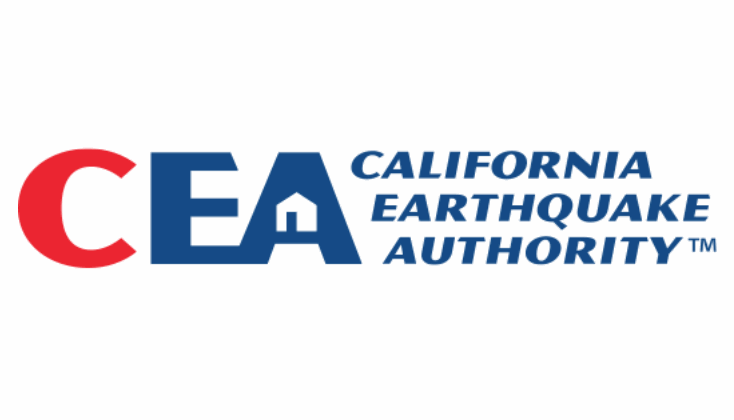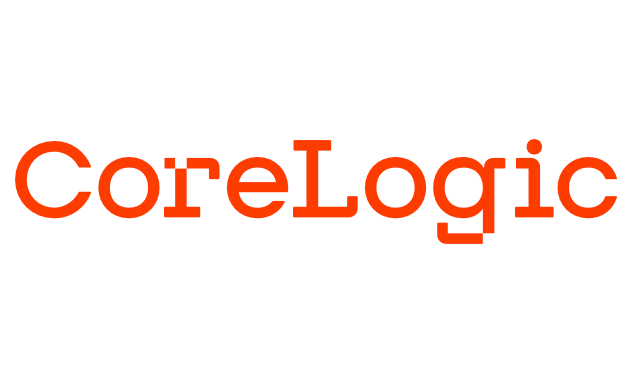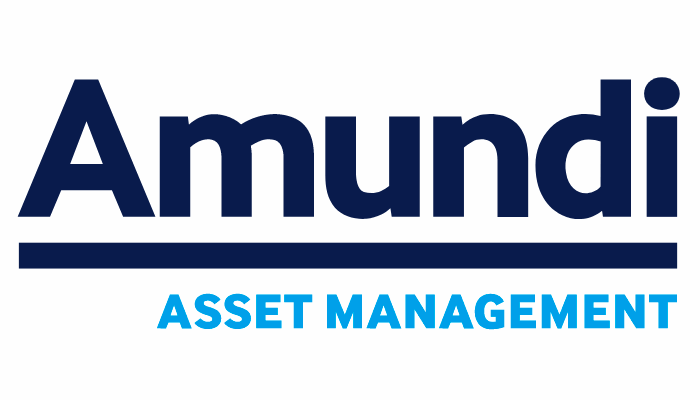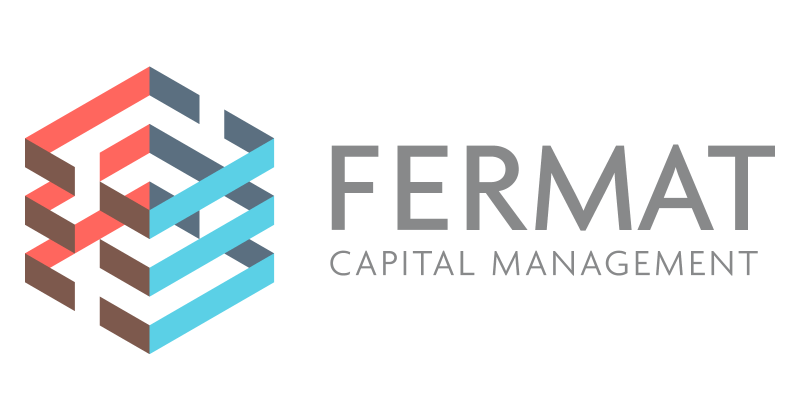The cryptocurrency market often shifts its attention to new trends, hyped memecoins, or promising innovations. Yet, a growing spotlight on “Dino Coins” has reignited interest in established projects many believed were dormant. Far from extinct, cryptocurrency networks like XRP, Hedera, Cardano, Stellar, Algorand, Avalanche, XDC and Constellation are proving their critics wrong. They’ve reclaimed relevance through innovation, real-world adoption, and an unwavering focus on addressing industry challenges.
This resurgence highlights the importance of long-term resilience and utility in an increasingly competitive landscape.

Historical Significance of Dino Coins
Veteran cryptocurrency networks hold a special place in the evolution of blockchain technology. Each Dino network contributes to shaping the sector through years of innovation and adoption:
- Hedera (HBAR): The Hedera (HBAR) network is a next-generation decentralized platform designed for speed, security, and scalability. Unlike traditional blockchains, it uses a novel consensus algorithm called the Hashgraph, which enables high throughput with low energy consumption, processing thousands of transactions per second with instant finality. Hedera is uniquely governed by a council of global enterprises, providing stability and trust while ensuring decentralization. Its ecosystem supports a wide range of use cases, from digital payments and tokenization to enterprise-grade applications, positioning Hedera as a leader in the future of decentralized technologies.
- XRP (Ripple): Introduced in 2012, XRP pioneered efficient cross-border payment systems. By forming partnerships with over 200 financial institutions—including Santander and Standard Chartered—it became synonymous with real-world utility in banking. Ripple’s technology allows near-instant transfers, addressing inefficiencies in traditional financial systems. Explore Ripple’s partnerships.
- Cardano (ADA): Launched in 2017 by Ethereum co-founder Charles Hoskinson, Cardano introduced a peer-reviewed approach to blockchain development. Its focus on scalability, security, and governance continues to attract developers and institutions.
- Stellar Lumens (XLM): Since 2014, Stellar has bridged traditional financial systems with blockchain technology. It has forged partnerships with IBM and NGOs to streamline cross-border remittances and support financial inclusion.
- XDC Network (XDC): XDC Network is making a significant impact across multiple industries, including trade finance, supply chain management, digital asset tokenization, banking, and cross-border payments. By providing secure, scalable, and efficient blockchain solutions, XDC is helping streamline operations, reduce costs, and increase transparency in these sectors.
- Algorand (ALGO): Founded in 2019 by cryptographer Silvio Micali, Algorand developed the Pure Proof-of-Stake (PPoS) consensus mechanism. This environmentally sustainable model ensures security and high throughput, positioning Algorand as a key player in CBDCs and enterprise blockchain solutions.
- Avalanche (AVAX): Known for subnets that enable scalable blockchains, Avalanche has emerged as a hub for decentralized finance (DeFi) and enterprise-grade applications since its launch in 2020.
- Constellation Network (DAG): Founded in 2017, Constellation uses a Directed Acyclic Graph (DAG) architecture to handle large-scale data securely. It’s known for partnerships with U.S. government agencies, including the Air Force, which utilize its Hypergraph Network for secure data sharing.
These projects laid the foundation for blockchain’s most transformative use cases, establishing them as leaders in the industry.
 2021 Top-10 Coins By Market Cap
2021 Top-10 Coins By Market CapWhy Dino Coins Are Gaining Momentum
The resurgence of Dino coins underscores a critical shift in how the market values cryptocurrencies. While newer tokens often grab headlines with flashy narratives or speculative bubbles, Dino coins stand out for their proven resilience and long-term utility. These projects have weathered multiple market cycles, earning trust from institutions, enterprises, and the wider community. They thrive because they address real-world challenges with technology that consistently evolves.
Strong partnerships with enterprises, governments, and NGOs also play a vital role in their comeback. Dino coins provide scalable and reliable infrastructure for a wide range of applications, from streamlining financial systems to enabling decentralized identities. Additionally, their technical foundations allow them to integrate cutting-edge innovations, ensuring they remain competitive in a fast-moving industry. This combination of utility, trust, and adaptability has breathed new life into these seasoned cryptocurrencies, proving their continued relevance in an ever-changing landscape.
Recent Market Performance
Dino coins are not just surviving; they’re thriving in today’s market. XRP’s price surged by over 170% in 2024 after Ripple’s victory against the SEC clarified its regulatory standing. Cardano saw a steady rise due to the growing popularity of its staking model and adoption of decentralized applications. Stellar Lumens gained traction through its interoperability initiatives and focus on underbanked regions. Algorand strengthened its market position by supporting CBDCs and NFT-based projects. Avalanche’s focus on DeFi and enterprise subnets attracted new users, while Constellation saw growing interest from defense and enterprise sectors for secure data management. These projects are demonstrating that their value goes far beyond speculative trends, and their resurgence highlights a market-wide appreciation for utility and stability.
Innovations: Keeping Dino Coins Relevant
Dino coins remain competitive by consistently advancing their technology to address emerging needs.
Scalability and Sustainability
Hedera’s Hashgraph consensus mechanism is designed for enterprise-scale applications. It achieves high transaction throughput while maintaining a low carbon footprint, appealing to businesses and builders seeking a network architected for mainstream adoption. Similarly, Algorand’s Pure Proof-of-Stake model provides energy efficiency and scalability, making it a leader in sustainable blockchain solutions.
Customizable Solutions
Avalanche’s subnets enable developers to launch blockchains tailored to specific use cases, from gaming to institutional DeFi. Constellation’s Metagraphs allow data-heavy industries like defense and logistics to scale without sacrificing security. XDC Network recently upgraded to XDC 2.0, allowing businesses, enterprises and individuals the ability to launch their own custom blockchain environment to better serve their individual or business needs.
Smart Contracts and Interoperability
Cardano continues to improve its smart contract functionality, attracting developers for DeFi and identity solutions. Stellar has integrated advanced smart contracts to simplify global payments, while Hedera offers many services including Hedera Smart Contract Service, Hedera Token Service (HTS) and Hedera Consensus Service (HCS), enabling tokenization and real-time data integrity. XRP advances real-time settlement systems for banks and payment providers, strengthening its foothold in financial technology.
These innovations ensure Dino coins stay ahead of newer competitors.
The Role of Community and Ecosystem Growth
The success of Dino coins is deeply rooted in their thriving ecosystems and active communities. These networks foster collaboration, innovation, and decentralized governance, ensuring continued relevance in the blockchain space.
Developer Engagement and Tools
Dino coins attract developers with advanced tools and supportive ecosystems. Cardano, Avalanche, and Algorand provide robust SDKs, enabling projects in DeFi, gaming, and identity solutions. Hedera stands out with enterprise-grade tools like the Hedera Token Service (HTS), Hedera Consensus Service (HCS), and Asset Tokenization Studio, used for tokenization and data integrity. Stellar offers cost-effective tools for financial applications, while Constellation’s Metagraph technology offers current code base integration of legacy systems, catering to real world businesses looking to digitize through secure and scalable data solutions.
Many so-called “Dino Networks” have joined forces to establish industry open standards through the Decentralized Recovery Alliance (DeRec). Founded by Dr. Leemon Baird, inventor of Hedera’s Hashgraph distributed consensus algorithm, DeRec includes leading blockchain organizations such as Hedera, Algorand, Ripple, Constellation, Cardano, Hashpack, and Casper, among others. The alliance’s goal is to simplify and secure the self-custody of digital assets, making it easier and safer for both individuals and enterprises to manage their holdings.
Community-Driven Governance
Decentralized governance ensures Dino coins evolve alongside their communities. Cardano’s Voltaire era and Constellation’s developer-focused governance enable participants to guide ecosystem growth. Hedera’s unique Governing Council, featuring companies like Google and IBM, balances enterprise oversight with decentralized decision-making. These frameworks foster inclusivity and adaptability.
Collaborations and Partnerships
Dino coins thrive on strategic partnerships. Hedera collaborates with enterprises like IBM and Deutsche Telekom for supply chain and telecom solutions. Stellar partners with NGOs and IBM’s World Wire to promote financial inclusion, while XRP’s ties with over 200 banks demonstrate its dominance in payments. Avalanche and Algorand focus on DeFi and enterprise adoption, with high-profile collaborations like Deloitte and FIFA.
Sustainable Ecosystem Growth
User-centric approaches drive adoption. Stellar’s low fees attract NGOs, while Algorand’s sustainability appeals to eco-conscious organizations. Avalanche’s speed and affordability make it a DeFi favorite, and Hedera’s scalable infrastructure attracts enterprises. By empowering users and developers, Dino coins sustain long-term growth and innovation.
Implications for the Crypto Market
The resurgence of Dino coins marks a turning point for the cryptocurrency industry. It reflects a growing recognition that real-world utility outweighs short-term hype. As blockchain technology matures, these seasoned projects serve as pillars of stability in an otherwise volatile market. Their proven track records and institutional confidence inspire trust among investors, developers, and enterprises. By shifting focus to scalability, security, and sustainability, Dino coins are setting the standard for the next phase of blockchain innovation.
The Enduring Value of Dino Coins
The rise of Dino coins is a testament to the strength of time-tested projects. Their ability to innovate, adapt, and deliver real-world solutions underscores their importance in the evolving blockchain landscape. Far from relics, these cryptocurrencies are thriving examples of resilience and utility in a market that increasingly values substance over spectacle.
Dino coins offer more than a glimpse into blockchain’s past—they provide a blueprint for its future. Their resurgence proves that in the ever-changing world of cryptocurrency, longevity and utility are the ultimate measures of success.
*Disclaimer: News content provided by Genfinity is intended solely for informational purposes. While we strive to deliver accurate and up-to-date information, we do not offer financial or legal advice of any kind. Readers are encouraged to conduct their own research and consult with qualified professionals before making any financial or legal decisions. Genfinity disclaims any responsibility for actions taken based on the information presented in our articles. Our commitment is to share knowledge, foster discussion, and contribute to a better understanding of the topics covered in our articles. We advise our readers to exercise caution and diligence when seeking information or making decisions based on the content we provide.




















 English (US) ·
English (US) ·